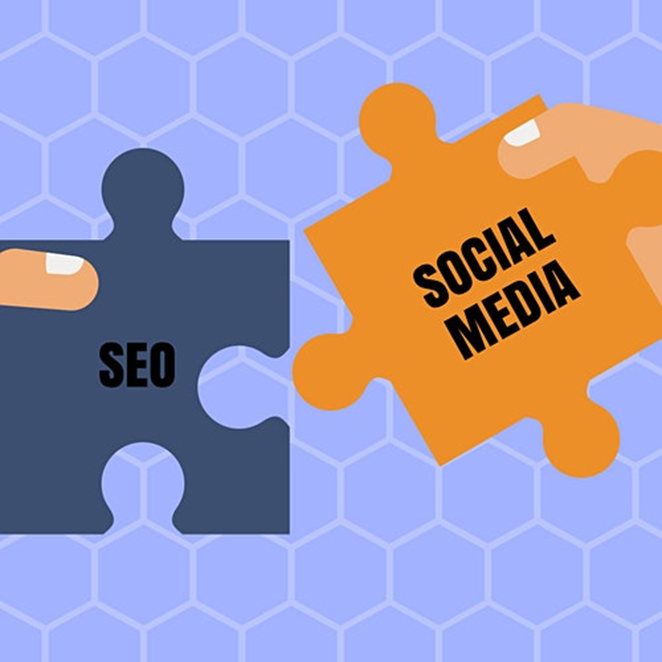When it comes to marketing, there are many different strategies that businesses can use to reach their target audiences. However, two of the most popular methods are performance marketing and social media marketing.
Lots of businesses prioritize social media marketing because it is an excellent way to create brand awareness and connect with potential customers. However, performance marketing can be just as effective, if not more so.

What Is Performance Marketing?
Performance marketing is a type of online advertising in which businesses are only charged for results, such as clicks, sales, or leads. This means that businesses only pay for the ad when it generates a desired action from the user. Because businesses only pay for results, performance marketing can be a very effective and efficient way to advertise online.
Performance-Based Pricing Models
There are a variety of different performance-based pricing models, but the main ones are cost-per-click (CPC), cost-per-sale (CPS), and cost-per-lead (CPL).
- CPC is the most common model, where businesses pay each time someone clicks on their ad.
- CPS is used less often but can be more effective for certain types of products or services. In this model, businesses pay each time someone buys something after clicking on their ad.
- CPL is used when businesses want to generate leads, such as sign-ups for a newsletter or free trial. In this model, businesses pay each time someone completes the desired action after clicking on their ad.
Performance Marketing vs. Social Media Marketing
When it comes to marketing, there are many different approaches that businesses can take. Two of the most popular options are performance marketing and social media marketing. So, what’s the difference between these two approaches?
- Performance marketing is focused on generating leads and sales through specific channels, such as pay-per-click (PPC) advertising or email marketing.
- Social media marketing, on the other hand, involves creating and sharing content on social media platforms in order to build relationships with potential and current customers.
While both performance marketing and social media marketing can be effective, the best approach for a business will depend on its specific goals and objectives.
For example, if a business is looking to generate quick sales, performance marketing may be the better option.
However, if a business is trying to build brand awareness or establish itself as an industry leader, social media marketing may be more effective.
The Benefits of Performance Marketing
There are several benefits to incorporating performance marketing into your strategy, including:
You Only Pay for Results
Since businesses only pay for results with performance marketing, there is no risk involved. You will only be charged if someone clicks on your ad and takes the desired action, such as making a purchase or signing up for a newsletter.
This makes performance marketing an effective way to reach your target audience without breaking the bank. On platforms like Amazon, it also makes it easy to spend only what you make in sales on ads, so you can reinvest other money into other areas of your business. And since 65% of users click on pay-per-click ads, the ROI is certainly there.
With social media marketing, you would have to spend money on advertising up front, even if you don’t see any results. And, unless you have a large budget, it can be difficult to reach your target audience on social media platforms like Facebook and Instagram at scale.
You Can Target a Specific Audience

When it comes to performance marketing, businesses have the ability to target a specific audience with laser precision. For example, if you sell products for men, you can target your ads to only show up on websites that are popular with men.
You can also target your ads to people based on their location, age, interests, and more. This ensures that your ad is only being seen by people who are likely to be interested in what you have to say or sell.
This differs from social media marketing in that businesses have less control over who sees their content. With social media marketing, your content is shown to everyone who fits into a certain demographic.
With performance marketing, you have the ability to specifically target the people who are most likely to convert.
For example, if MNTN were to run a connected TV ad campaign for a DTC client in the outdoor apparel space, the company could first use data to identify the channels that reach the most people in their target audience.
From there, a team could work with the client to create an ad that speaks directly to their target customer. And finally, we would place the ad on those channels and track the results to ensure that it is providing a positive
You Can Easily Measure Your Results
Since performance marketing is results-based, businesses can easily measure the success of their campaigns.
For example, if you’re running a PPC campaign, you can see exactly how many people clicked on your ad and made a purchase. This makes it easy to track your return on investment (ROI) and make necessary changes to improve your results.
Social media marketing is more difficult to measure. While there are some metrics that businesses can track, such as engagement and reach, it can be difficult to determine how these numbers translate into sales or leads.
This makes it difficult to know if your social media marketing efforts are actually paying off.
More Flexible Budgeting
The pay-for-performance model of performance marketing also facilitates more flexibility with budgeting. You aren’t locked into fixed contracts or commitments like some social media advertising deals require.
Your budget can fluidly adjust up or down each month based on changing business conditions and measurement of campaign performance. Ramping up spend when demand calls for it and pulling back when necessary.
This dynamic budgeting enables you to cost-effectively scale campaigns up and down as needed to drive results.
Diversifies Marketing Mix
While social media marketing may seem like a separate silo from performance marketing, the two can actually work together quite synergistically. Integrating different performance marketing channels into your overall social media marketing provides more diversity to your tactics.
You can run PPC ads on platforms like Facebook, Instagram, Pinterest, YouTube, and LinkedIn to promote your brand to social audiences open to your messaging. Native advertising placements on sites like Buzzfeed and Medium can also complement your organic social content.
And affiliate partnerships with influencers allows you to tap into their followers. Adding these performance marketing elements diversifies your approach beyond just posting social content and hoping for engagement.
Long-Term Brand Building

It’s a common myth that performance marketing only generates short-term results while social media builds lasting brand equity. In reality, the brand exposure and awareness from well-targeted performance marketing campaigns can support long-term brand building as well.
PPC ads, while optimized for conversions, still get your brand and messaging in front of new audiences. Those who don’t convert immediately still gain familiarity with your brand, making them more likely to convert later.
Affiliate and influencer partnerships that create positive user experiences build brand affinity. And sponsored content educates users about your brand. All PR and awareness is good PR and awareness in the long run.
Final Thoughts on Performance Marketing vs. Social Media Marketing
While social media marketing has its benefits, performance marketing is often the better option for businesses, especially those that are looking to generate quick sales or track their ROI.
And for companies who want better targeting, quicker results, and easier budgeting, performance marketing is an absolute no-brainer.
Disclosure: The articles, guides and reviews on BlowSEO covering topics like SEO, digital marketing, technology, business, finance, streaming sites, travel and more are created by experienced professionals, marketers, developers and finance experts. Our goal is to provide helpful, in-depth, and well-researched content to our readers. You can learn more about our writers and the process we follow to create quality content by visiting our About Us and Content Creation Methodology pages.

